Endless belts are used in a wide variety of power transmission and conveyor belt applications, including those in: agriculture, chemical, clean room, commercial food production, construction, manufacturing, metallurgy and mining. Read More…
Our conveyor belts are ISO 9002 and FDA certified. We can use our belts in nearly every industry, from transmission timing belts to conveyor belts for foods.
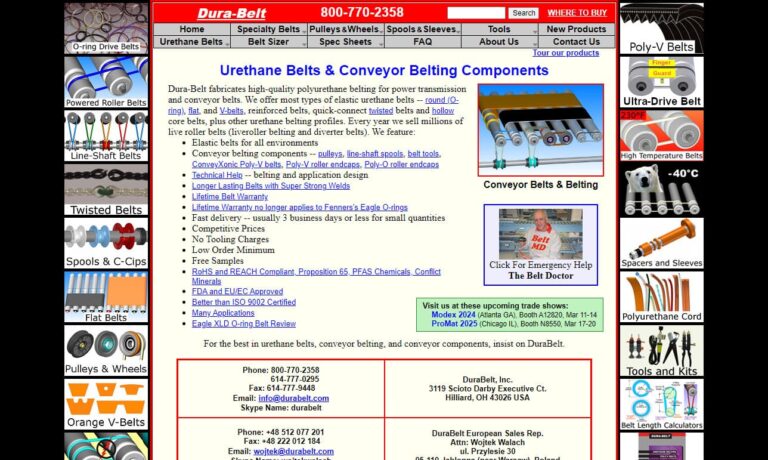
Creating conveyor belts at Fabrication Unlimited such as rubber belting, flat belts, endless belting, PVC, urethane belting, timing belts, cleated belting, specialty unscrambler belts (made-to-order), & corrugators belts, can be done with fast turn around for all fabricated belting offered. Serving food processing, agricultural, pharmaceutical, recycling, beverage and other industries.

Custom conveyor belting is fabricated by Beltservice Corporation and available through our distributors or OEMs. From this conveyor belt manufacturer, you will find agricultural, cleated, elevator, food handling, heat-resistant, heavy-duty and light-duty, incline, package-handling belting and more.

Come to Con-Belt Inc. for quality flat belts. Established in 1991, we have over twenty years of manufacturing experience and can meet your specifications and exceed your expectations. All of our products are made with pride in U.S. and are compatible and interchangeable with most major manufacturers’ conveyor equipment. Contact us today for further information about the products we offer.

More Endless Belt Manufacturers
When designing your endless belt drive system, belt manufacturers will consider a number of factors, including: the type of material or products you plan to convey, the weight of the items you plan to convey, the frequency with which you will use your system, the sanitation requirements of your belt conveyor (FDA, food-grade, etc.), the length of your system any of systems with which it must integrate.
Per your application requirements, they can choose belt materials and more. Endless belts are typically made from rubber elastomers, such as urethane, neoprene or nitrile rubber. Materials used to make endless belts must usually possess qualities including: elasticity, abrasion resistance, chemical resistance and durability. Manufacturers offer them in a variety of thicknesses, widths, lengths and load bearing capacities. They can create belts with a number of different textures, including: smooth, notched, ribbed and cogged.
Endless belts offer their users a number of advantages. First, without seams, they are stronger, less prone to wear and less prone to bacteria growth. In addition, they run smoothly, with low vibration and with low stress. All in all, they wear down less quickly and last longer than other types of belts. Because endless belts are made from elastomeric material, they are stretchy and can be tensioned without extra equipment. Another advantage of endless belts is the fact that they are extremely reliable, so you can count on them during your high volume runs.

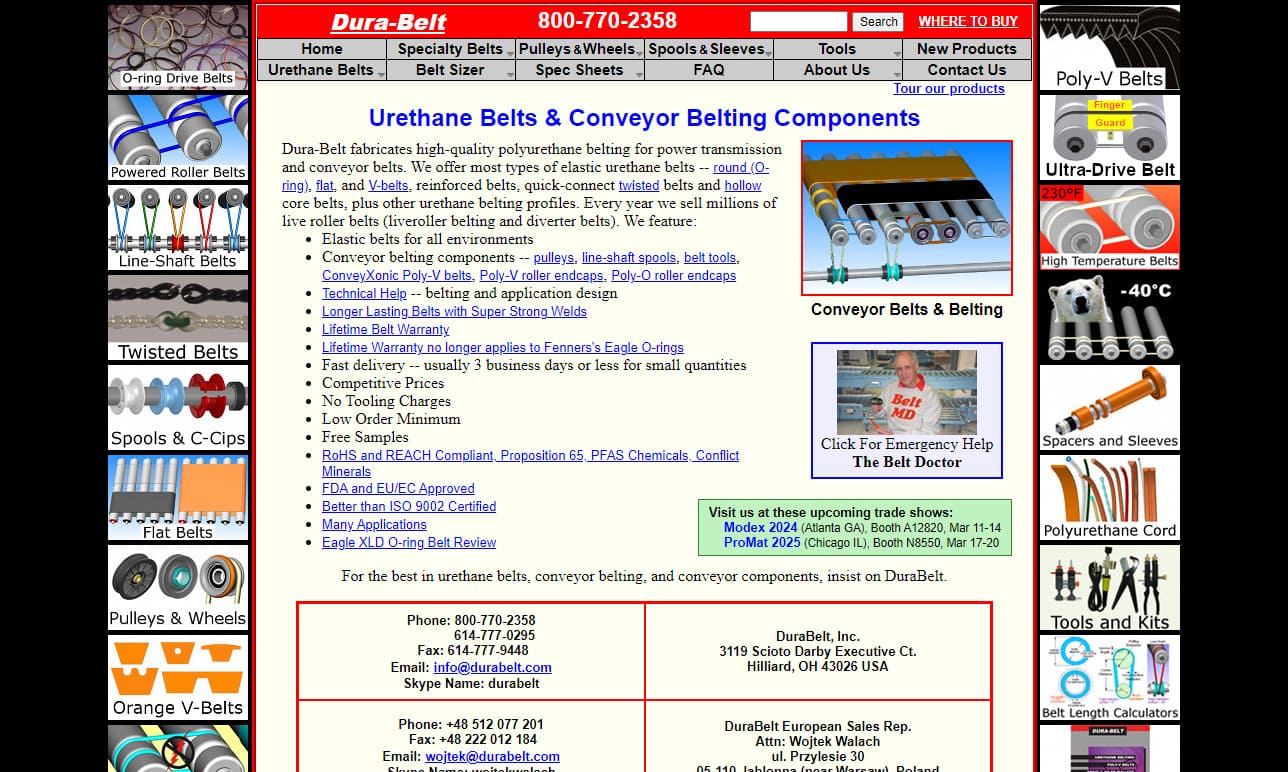



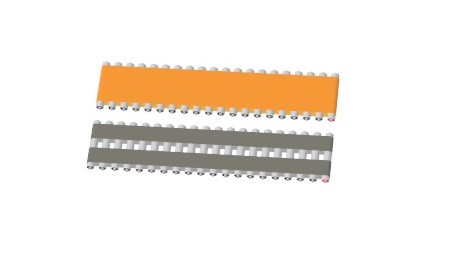
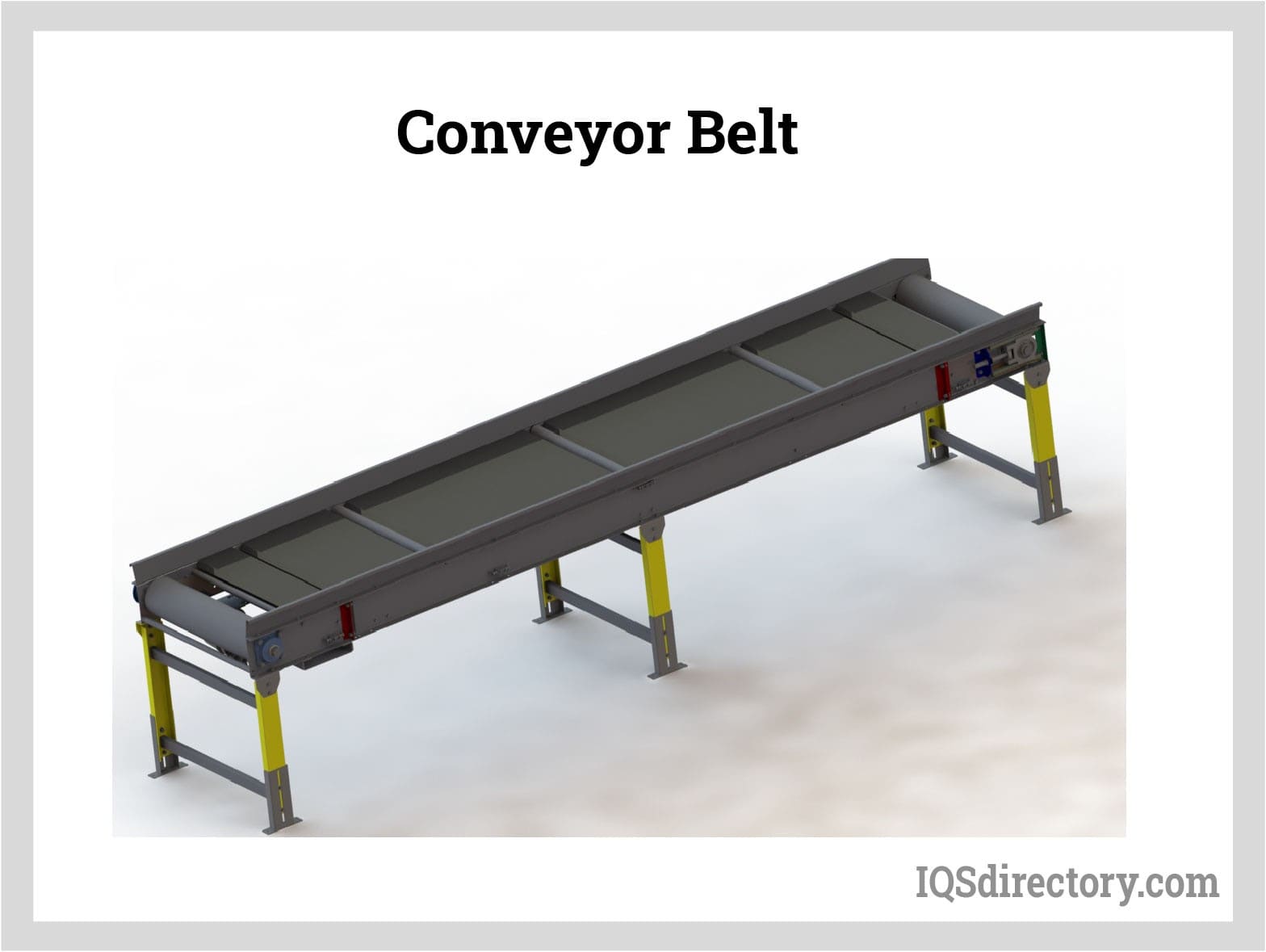
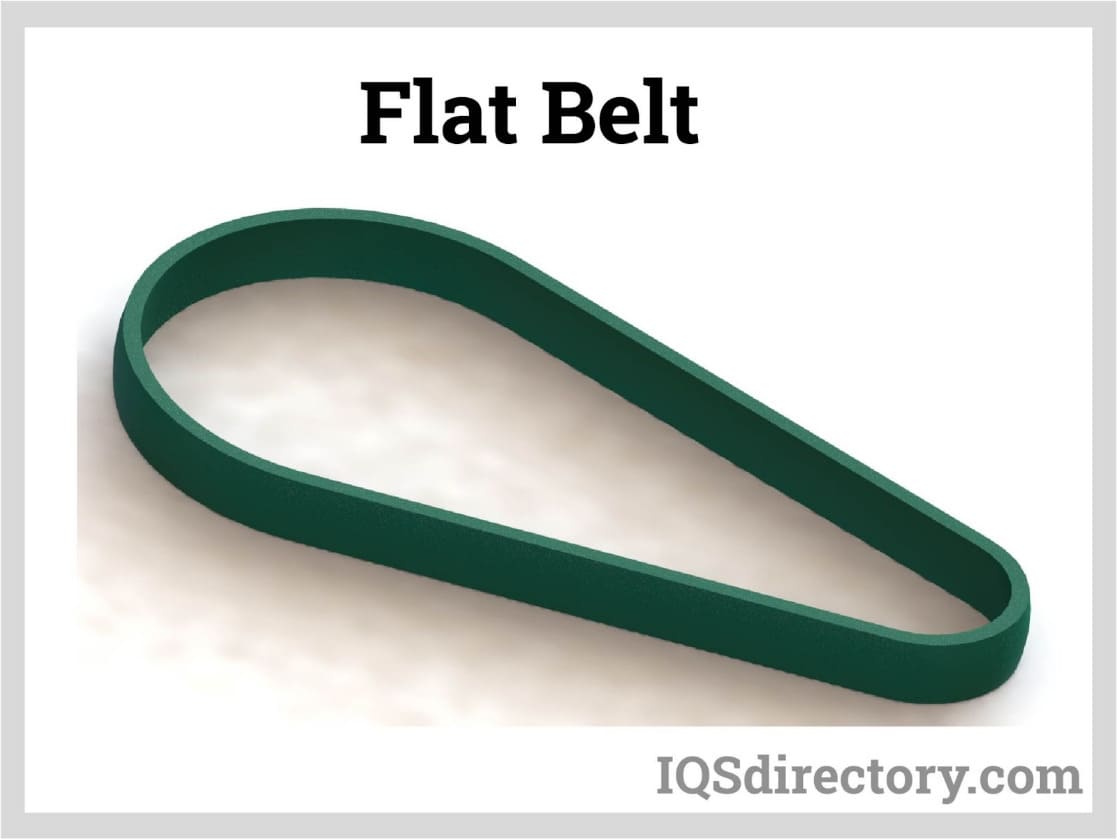
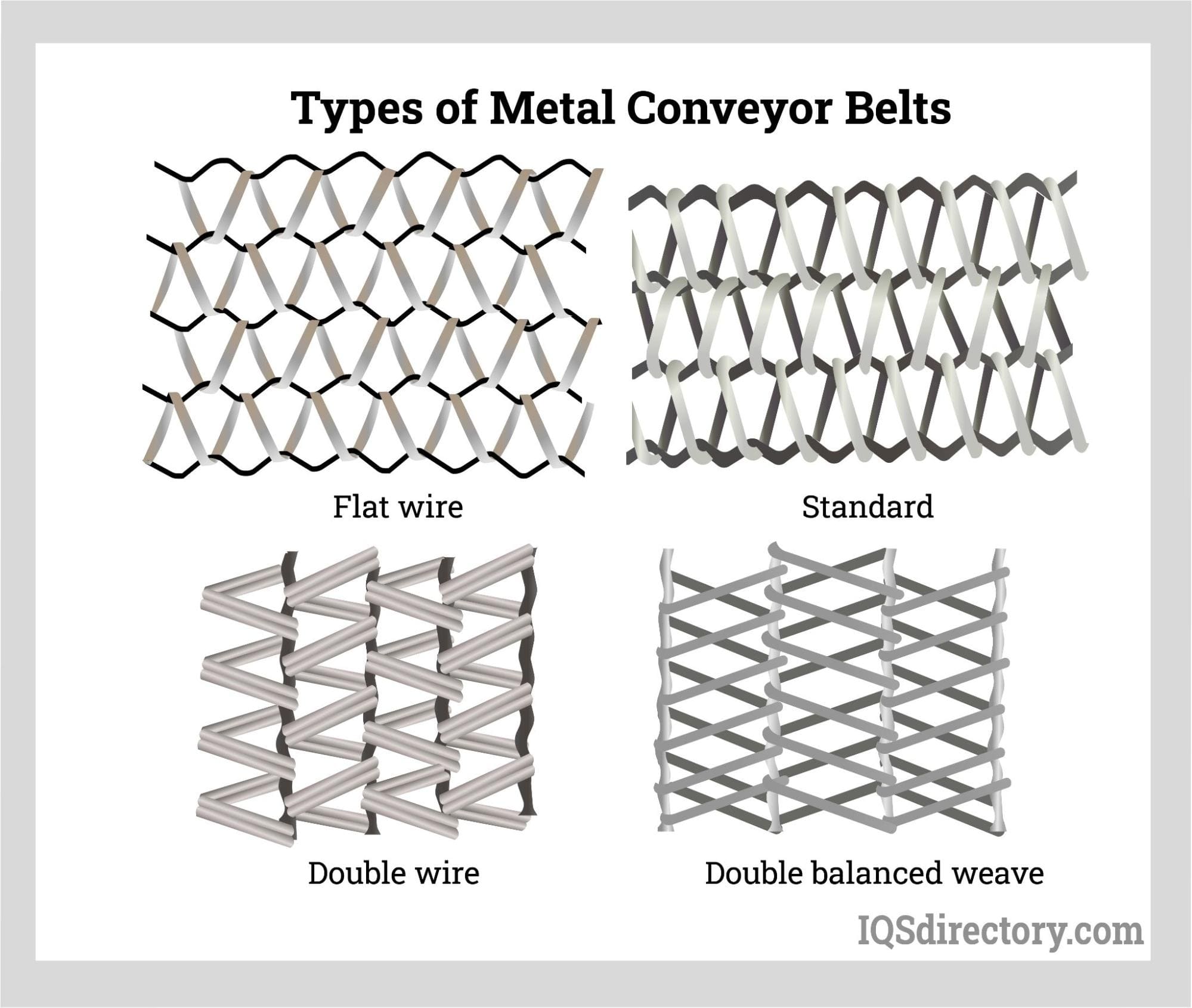
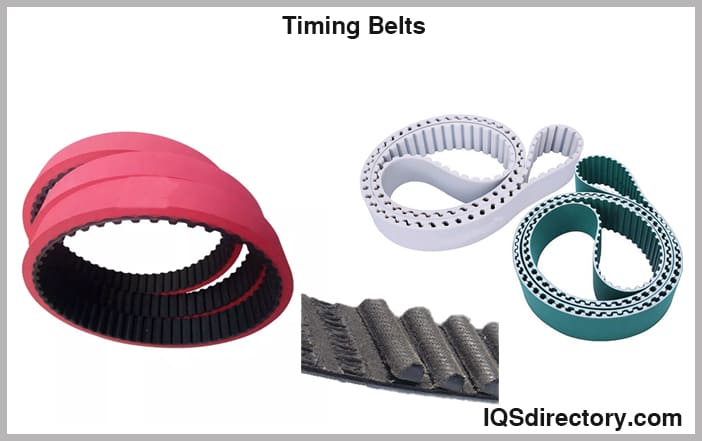
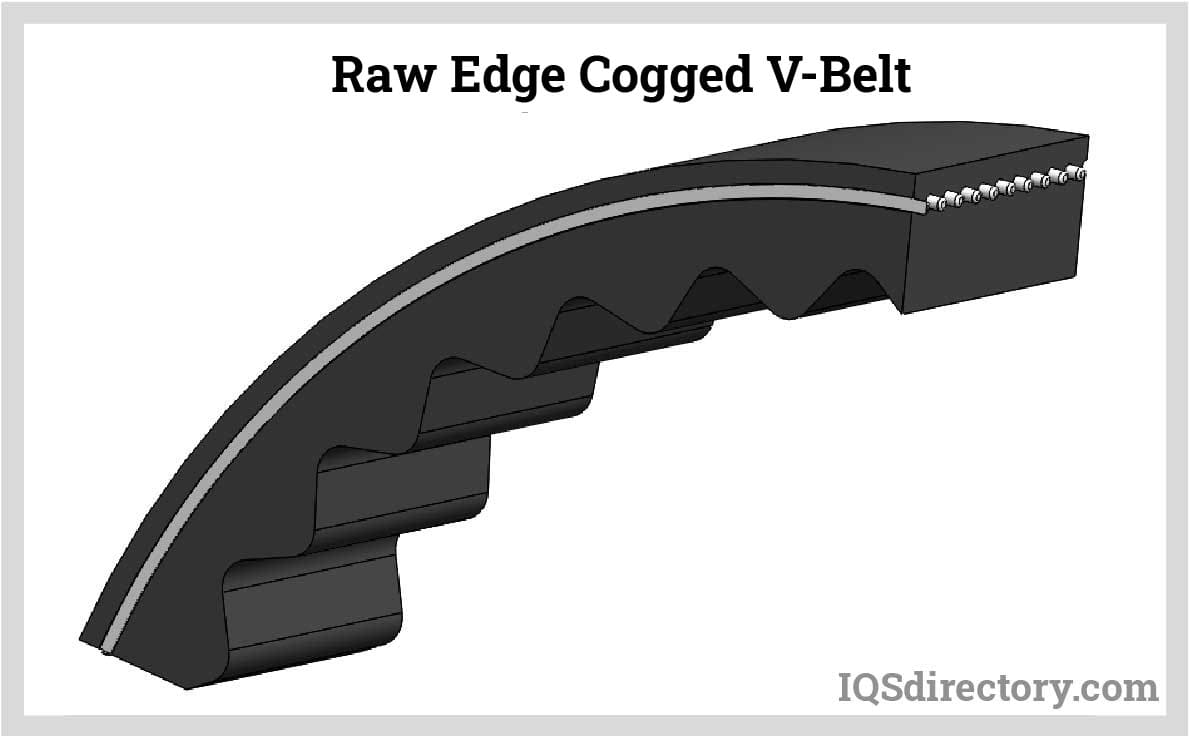
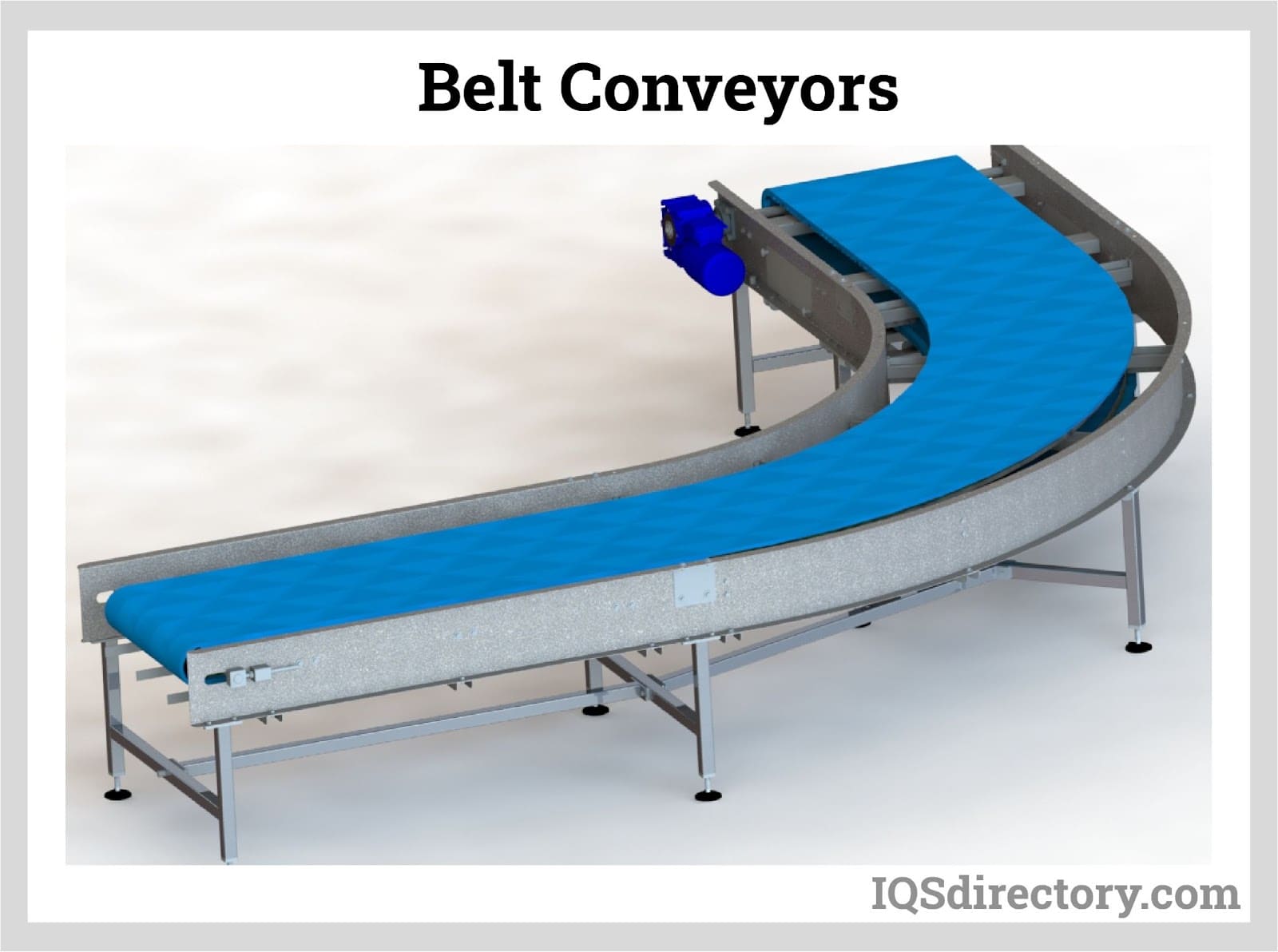
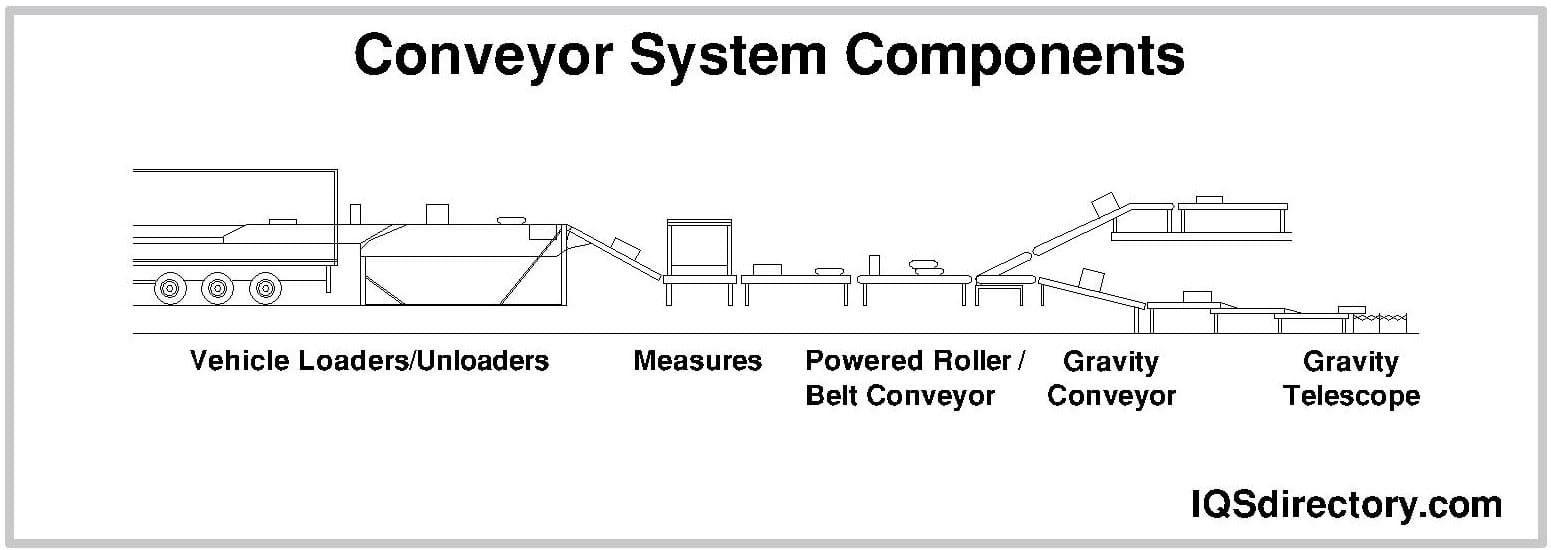
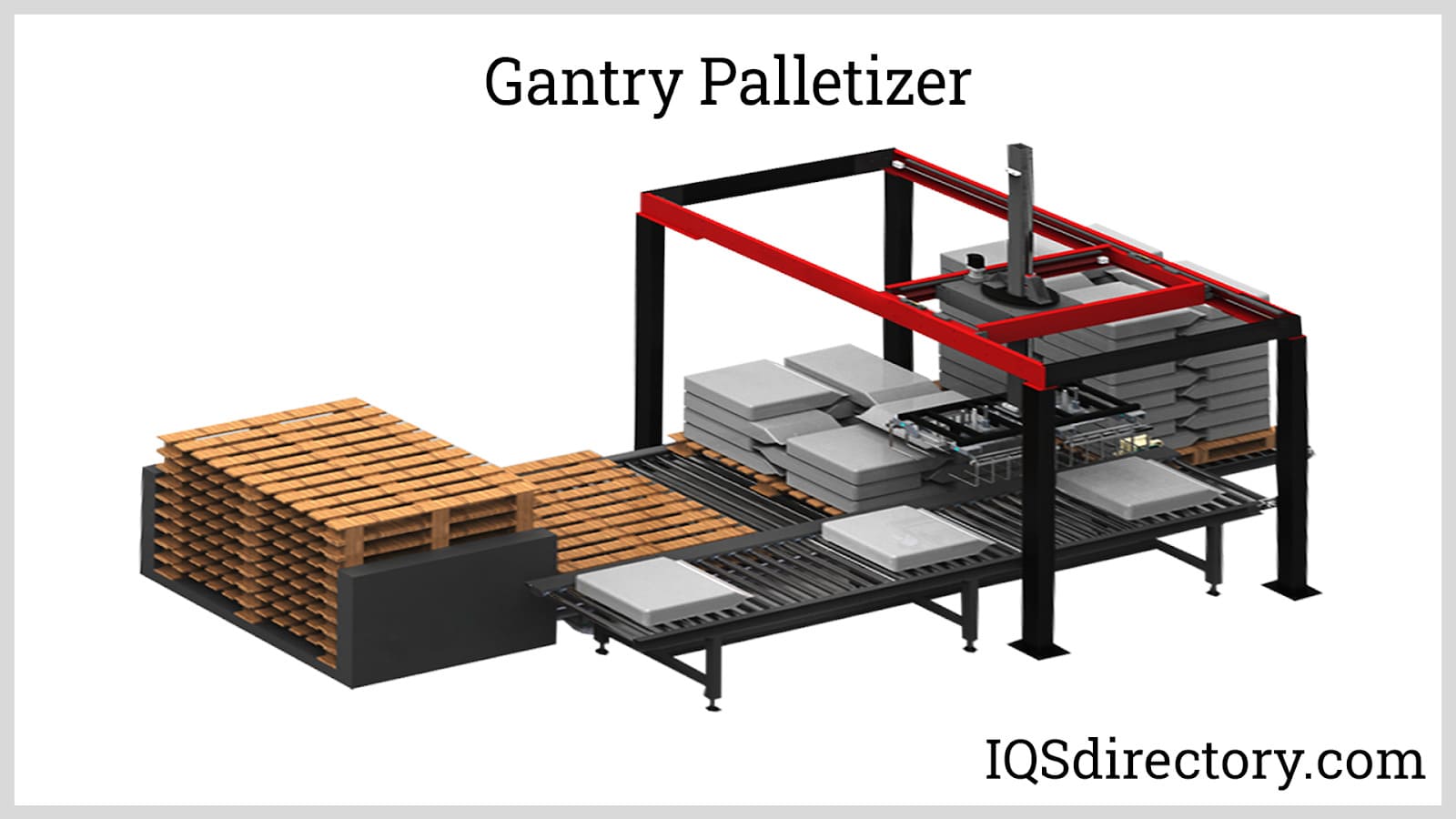
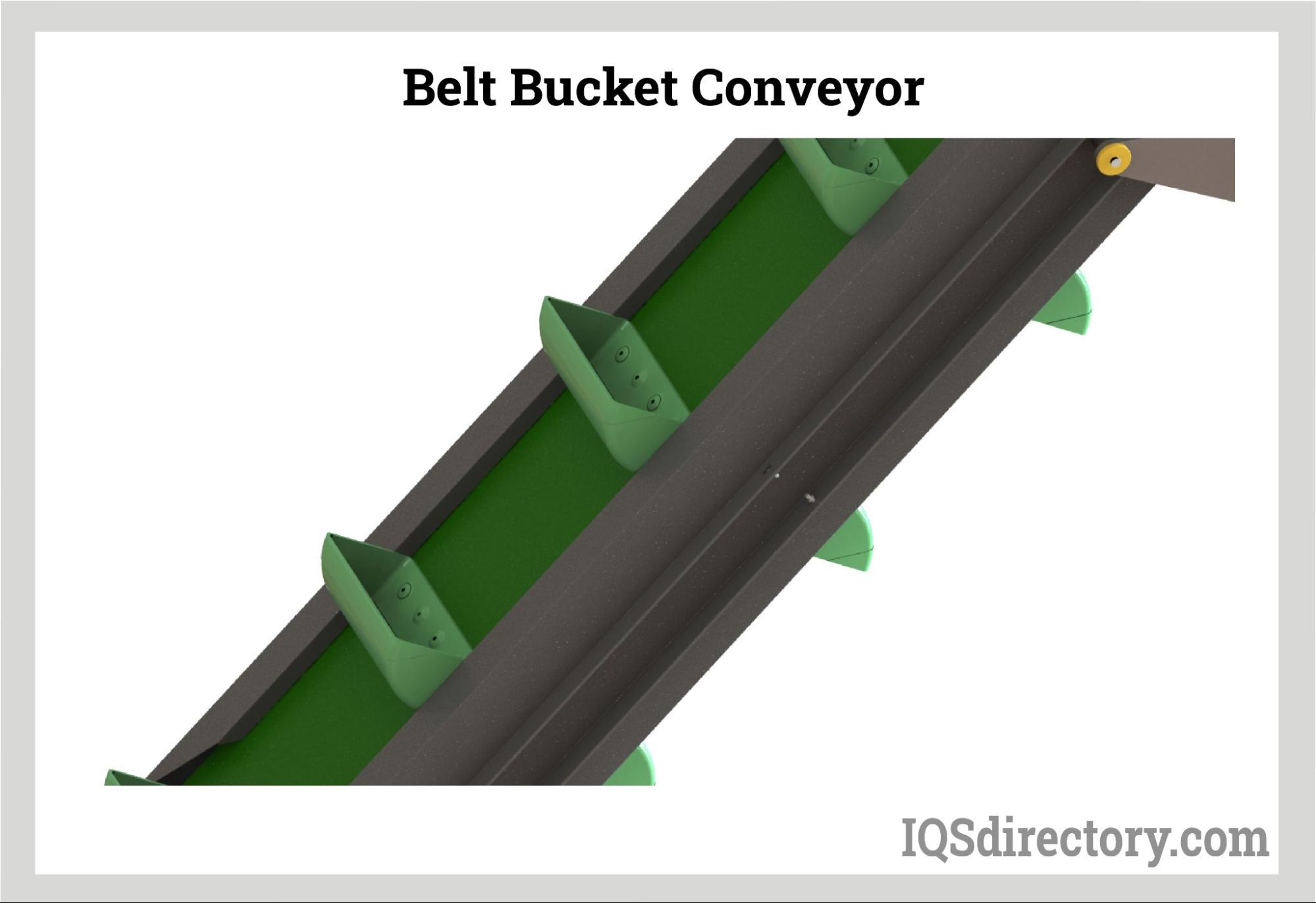
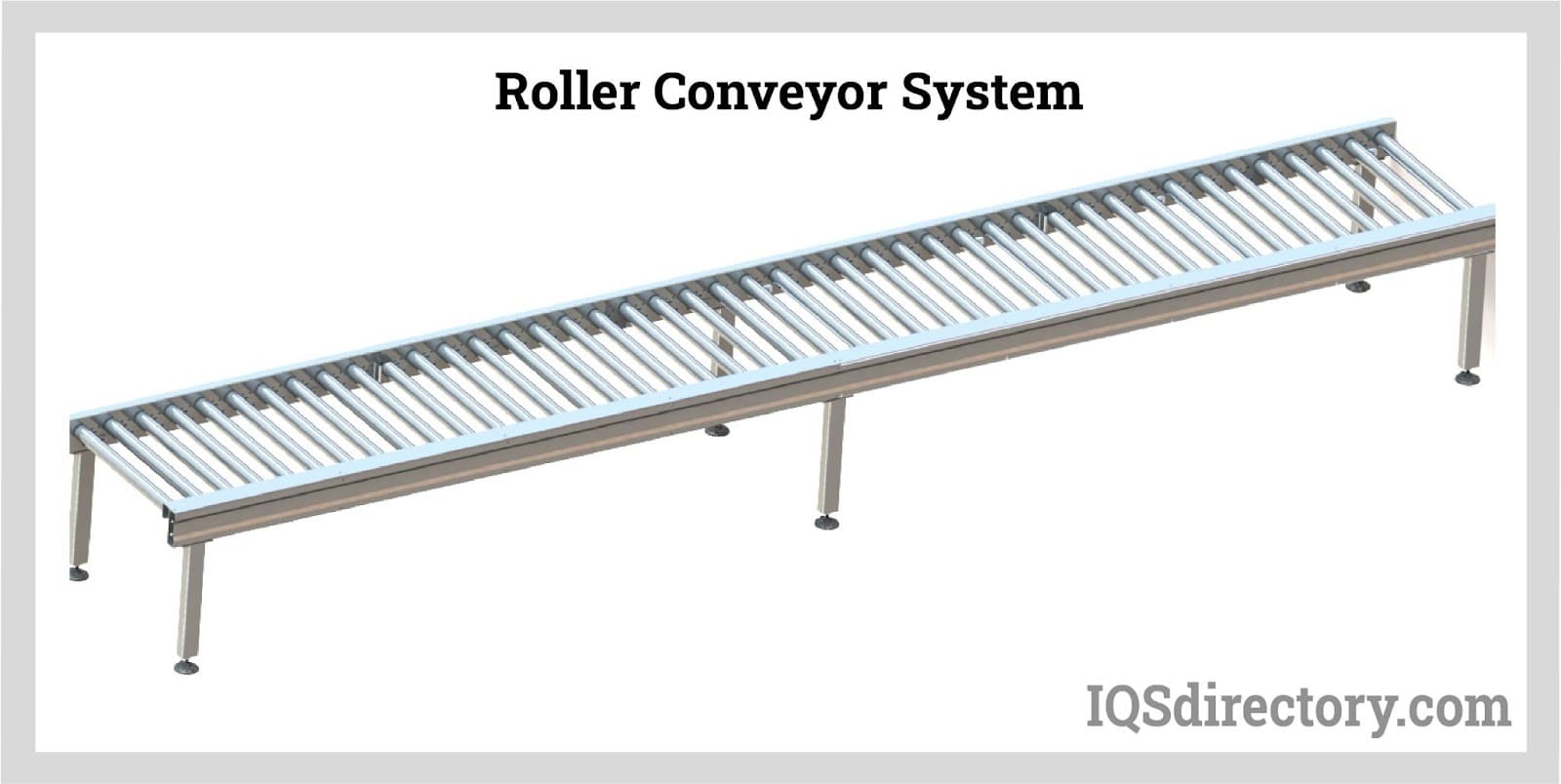

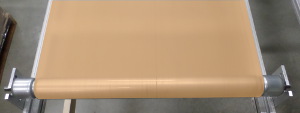 Conveyor Belting
Conveyor Belting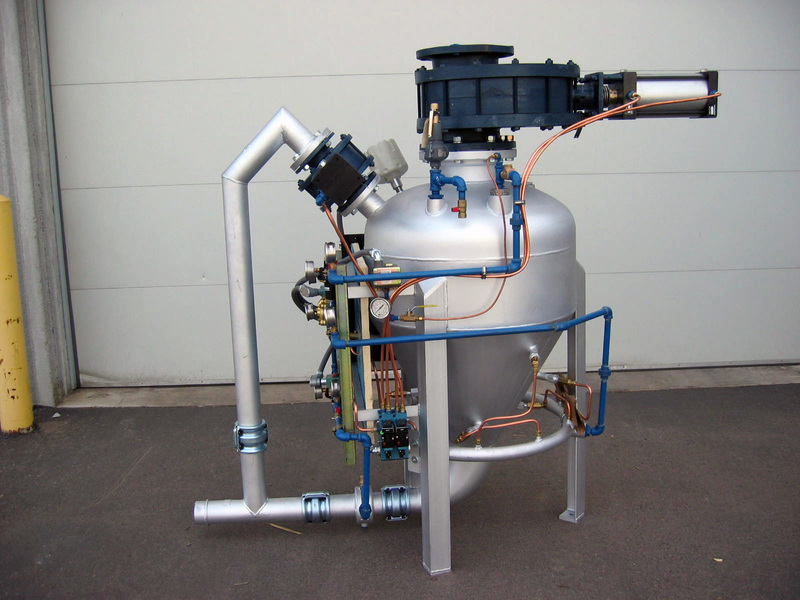 Conveyor Systems
Conveyor Systems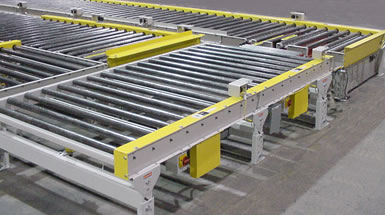 Conveyors
Conveyors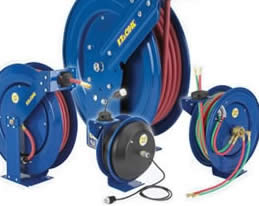 Hosereels
Hosereels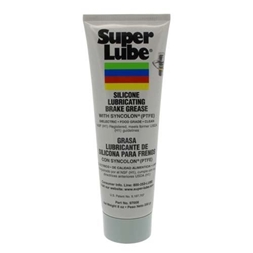 Industrial Lubricants
Industrial Lubricants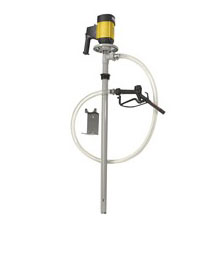 Lubricators
Lubricators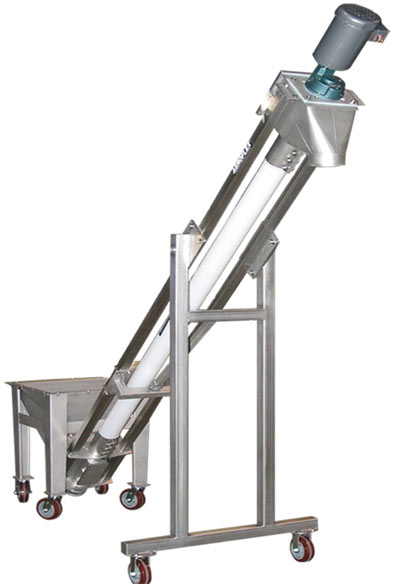 Screw Conveyors
Screw Conveyors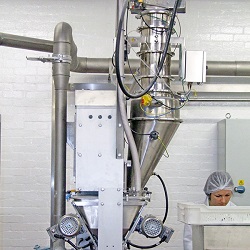 Pneumatic Conveyors
Pneumatic Conveyors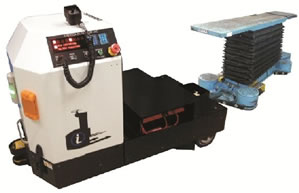 AGV
AGV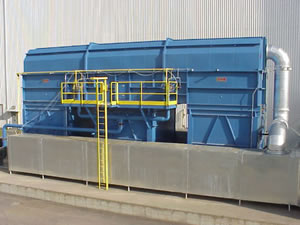 Air Pollution Control
Air Pollution Control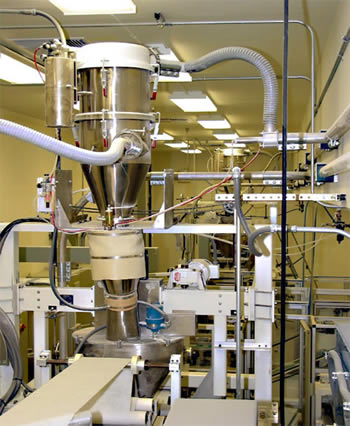 Assembly Machinery
Assembly Machinery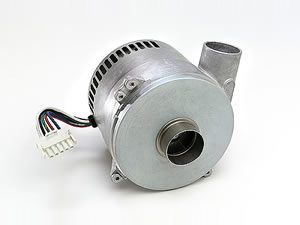 Blowers
Blowers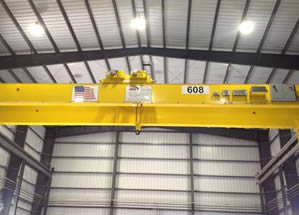 Cranes
Cranes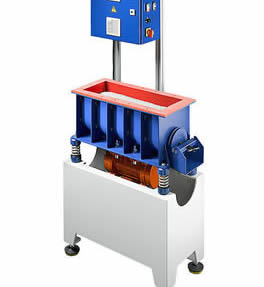 Deburring Machinery
Deburring Machinery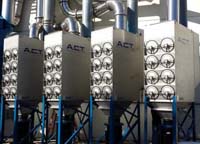 Dust Collectors
Dust Collectors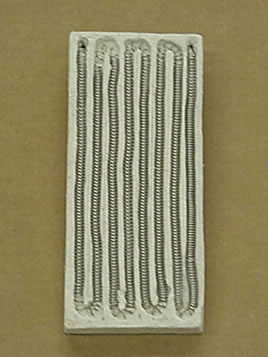 Heaters
Heaters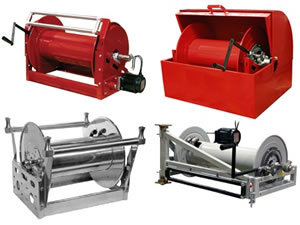 Hose Reels
Hose Reels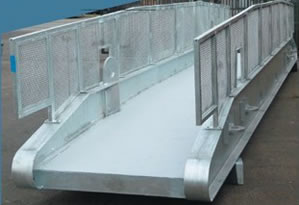 Mezzanines
Mezzanines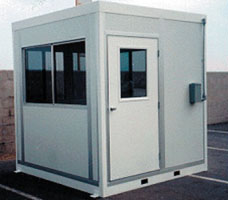 Modular Buildings
Modular Buildings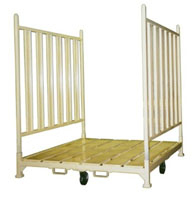 Storage Racks
Storage Racks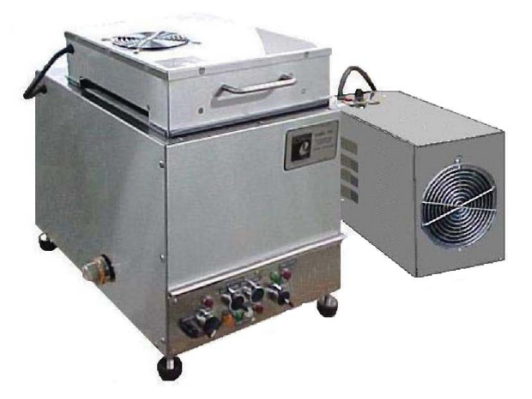 Ultrasonic Cleaners
Ultrasonic Cleaners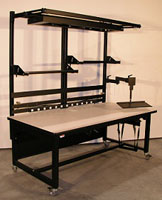 Work Benches
Work Benches